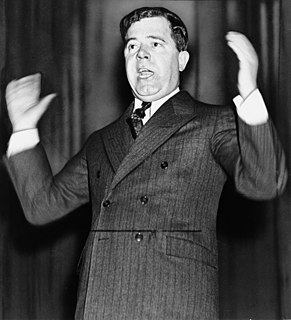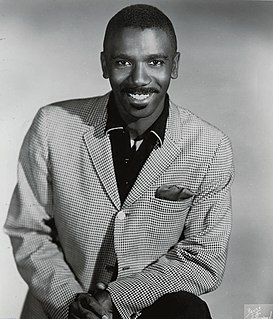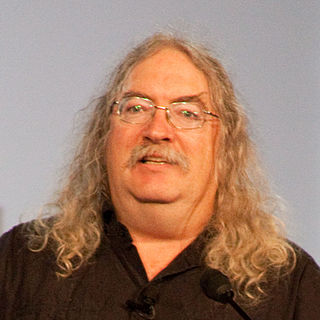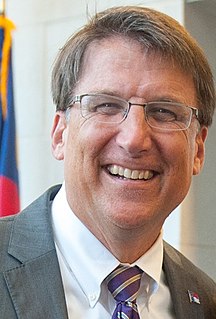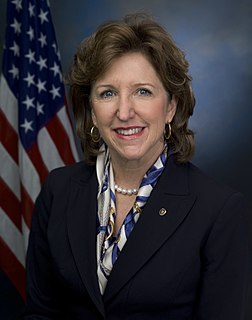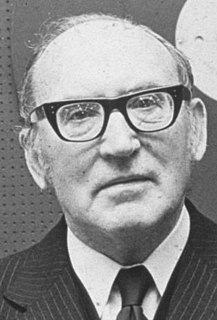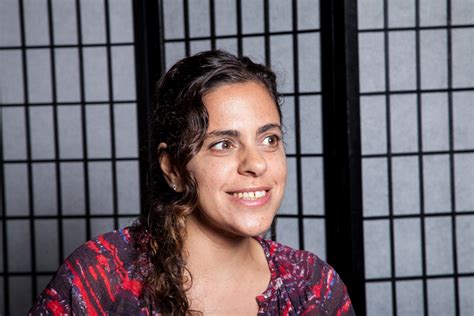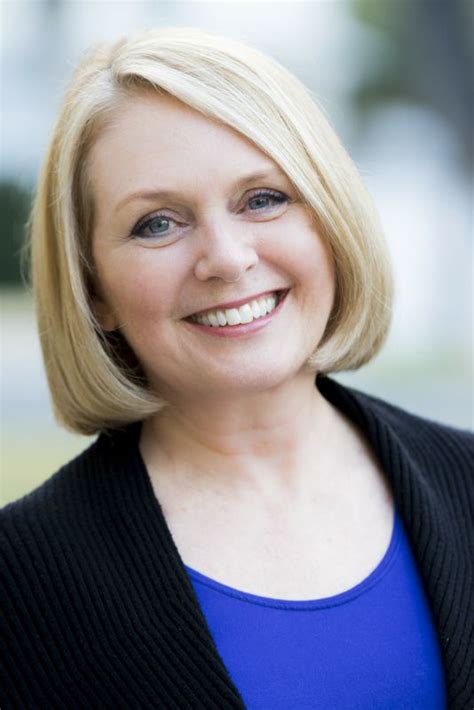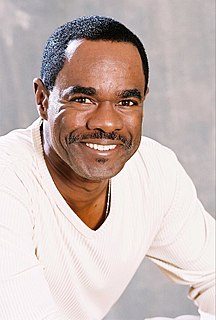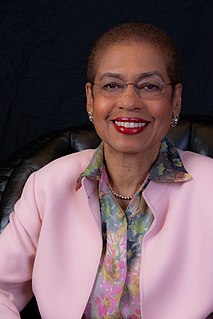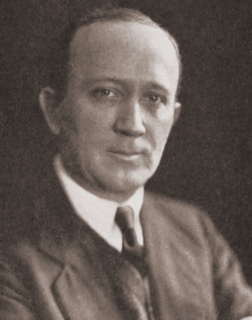Top 1127 Colleges And Universities Quotes & Sayings - Page 2
Explore popular Colleges And Universities quotes.
Last updated on April 19, 2025.
The public/private partnerships are taking various forms in India. It is individuals who are socially oriented are setting up schools. They're setting up colleges. They're setting up universities. They're setting up primary-education schools in the villages, particularly the villages their original families came from.
The discipline of colleges and universities is in general contrived, not for the benefit of the students, but for the interest, or more properly speaking, for the ease of the masters. Its object is, in all cases, to maintain the authority of the master, and whether he neglects or performs his duty, to oblige the students in all cases to behave toward him as if he performed it with the greatest diligence and ability.
Ontario’s colleges and universities offer our young people life-changing opportunities. With an education, you can go anywhere and do anything. I am so impressed with the way our postsecondary students are engaging in their communities, and I am inspired by their hope and optimism. They are not the leaders of tomorrow – they are leaders today.
In the past, there has been a stigma surrounding community colleges, where they were seen as a less viable option because they are not four-year universities. I know differently and so do the millions of people across the country who have received an affordable, quality higher education at community college.
Education and training for all children to be equal in opportunity in all schools, colleges, universities, and other institutions of training in the professions and vocations in life; to be regulated on the capacity of children to learn, and not on the ability of parents to pay the costs. Training for life's work to be as much universal and thorough for all walks of life as has been the training in the arts of killing.
Now all of the ideas that I'm talking about, they are not radical ideas. Making public colleges and universities tuition free, that exists in countries all over the world, used to exist in the United States. Rebuilding our crumbling infrastructure, and creating 13 million jobs by doing away with tax loopholes that large corporations now enjoy by putting their money into the Cayman Islands and other tax havens. That is not a radical idea.
Universities are renowned for their tolerance of unusual characters, especially if they show originality and dedication to their research. I have often made the comment that not only are universities a 'cathedral' for worship of knowledge, they are also 'sheltered workshops' for the socially challenged.
E-learning as we know it has been around for ten years or so. During that time, it has emerged from being a radical idea---the effectiveness of which was yet to be proven---to something that is widely regarded as mainstream. It's the core to numerous business plans and a service offered by most colleges and universities. And now, e-learning is evolving with the World Wide Web as a whole and it's changing to a degree significant enough to warrant a new name: E-learning 2.0.
Whereas students minds used to be the chief concern of colleges and universities, it is now more their bank accounts (more accurately, that of their parents and of the taxpayers). If students happen to learn anything useful while enrolled, that's good, but if not, as long as they've paid their bills, that's not the university's problem.
Starting in high school and continuing through our higher education system, we must ensure our students are on the right path to acquiring marketable skills that will lead to a productive and satisfying career. My goal is for every student to get a job after they graduate – not move back in with his or her parents. To do that, we must emphasize skill attainment in our community colleges and universities, use our resources more efficiently and measure success in a comprehensive way.
There was a time I was no longer going to be black. I was going to be an 'intellectual.' When I was first looking around for colleges, thinking of colleges I couldn't afford to go to, I was thinking of being a philosopher. I began to understand then that much of my feelings about race were negative.
The Small Business 'common app' would function much like the one that students complete to apply to multiple colleges and universities simultaneously. It would ensure that small businesses across the country can concentrate on growing and creating jobs - not wasting time, filling out mountains of repetitive paperwork.
Much of the early engineering development of digital computers was done in universities. A few years ago, the view was commonly expressed that universities had played their part in computer design, and that the matter could now safely be left to industry. [...] Apart from the obvious functions of keeping in the public domain material that might otherwise be hidden, universities can make a special contribution by reason of their freedom from commercial considerations, including freedom from the need to follow the fashion.
We need to send hundreds of millions of dollars down to our public high schools, vocational colleges, and community colleges to begin training people in the green-collar work of the future - things like solar-panel installation, retrofitting buildings that are leaking energy, wastewater reclamation, organic food, materials reuse and recycling.
One of the issues I'm really happy about is that recently, Secretary Clinton and I worked out an agreement on higher education, making public colleges and universities tuition free for every family in America earning less than 125,000 bucks. Didn't go as far as I wanted. But that's 83 percent of the population in this country.
What we seek to advance, what we seek to develop in all of our colleges and universities, are educated men and women who can bear the burdens of responsible citizenship, who can make judgments about life as it is, and as it must be, and encourage the people to make those decisions which can bring not only prosperity and security, but happiness to the people of the United Sates and those who depend upon it.
The future of the Democratic Party, the future of this country is involving young people in the political process, getting them to stand up for their rights, dealing with student debt, which I got to tell you is just crushing people all over this country, making public colleges and universities tuition free, those are the ideas we are bringing out, demanding the wealthy and large corporations start paying their fair share of taxes. This is what younger people, working class people want. That is the future of the Democratic Party.
If you look at virtually all of the issues of importance to the people of America - issues like making public colleges and universities tuition-free - Hillary Clinton is now on record for doing that for people making $125,000 a year or less. You know what? That is pretty revolutionary. That will transform the lives of millions of families in this country. That's what Clinton stands for.
Unlike public universities and private, not-for-profit colleges, for-profit schools are owned by revenue-seeking businesses often more intent on boosting their bottom line than educating their students. They use hard-sell tactics to recruit prospective students, and veterans have become particular targets.
Colleges are a unique space in our culture. They're a temporary constellation of humans, like a workplace. And the rules about sexual assault and harassment in a workplace are narrow rules. They're stricter than what's considered criminal on a city street. By this logic, the same rules should exist at universities too.
If colleges wanted to admit only legacies, or only tuba players, or only people who got astonishingly low SAT scores ' to ensure some of their graduates would be U.S. senators one day ' the Constitution wouldn't stop them. What the states, including state colleges, cannot do under the Constitution is discriminate on the basis of race.
Essentially what my campaign is about, it`s about anything, this is saying we`ve got bring that money back into the middle class and working families. We have to create jobs, we have to raise, we have to make public colleges and universities tuition free so kids in that community who are studying hard understand that some day they will be able to go to college.
We are moving in exactly the wrong direction in higher education. Forty years ago, tuition in some of the great American public universities and colleges was virtually free. Today, the cost is unaffordable for many working class families. Higher education must be a right for all - not just wealthy families.
Everybody knows that fraternities are a normal culture in all colleges. It exists in all colleges. President Clinton was a member of a fraternity. In fact, anybody who goes to College in the United States is a member of a College fraternity. There is absolutely nothing evil or occultic about fraternity.
In Germany, college tuition is free. In America, college tuition is increasingly unaffordable. In a highly competitive global economy, which country do you think will have the best educated work force and a competitive advantage? We must make tuition free in public colleges and universities and substantially reduce interest rates on student loans.
Part of China's strategic planning is to make their universities among the top level of the world, and I think they understand you can't do that without the adoption of some of the principles of the great universities in the West; one of those is the ability to have free expression and discussion in the classroom.
Hillary Clinton and I have worked together on a higher education proposal which will guarantee free tuition in public colleges and universities for every family in this country making $125,000 a year or less. We're going to fight for paid family and medical leave. Those are the issues that the American people want to hear discussed, and I'm going to go around the country discussing them and making sure that Hillary Clinton is elected president.
It was a time of turmoil at colleges and universities. And I saw some very smart people and very privileged people behaving irresponsibly. And I couldn't help making a contrast between some of the worst of what I saw on the campus and the good sense and the decency of the people back in my own community.
Colleges have a twofold duty when it comes to dealing with censorship. First, there is the duty to not censor the free expression of ideas, especially important and newsworthy ones. Second, colleges have the duty to protect speakers from being silenced by others. Century has failed miserably on both counts.
In my view, it is not a question of Trump having won the election, it's a question of Democrats having lost the election. Democrats need a strong progressive agenda which says to the working class of this country, we are going the stand and fight for you, we're going to raise the minimum wage, pay equity for women, we're going to rebuild the infrastructure, and we're going to guarantee health care to all people as a right. We're going to make public colleges and universities tuition-free.
The whole student loan thing drives me completely nuts. If it wasn't possible for 18-year-olds to sign themselves up for tens of thousands of dollars in debt in order to pay their college bills, the state governments wouldn't have found it so politically easy to cut taxpayer support for public colleges and universities.
I had this really intense resolve. I would call universities and community colleges and say, 'I really want to go to college. How do I get to college? What do I do?' And they would say, 'You have to get an application. You have to get letters of recommendation.' It was terrifying. I had no idea what I was doing.
I have never understood why they tried to start the revolution by taking over the universities. It should have been self-evident that the net result of success would be to close the universities but leave the nation unaffected--at least, for quite a long time. Nor do I find it easy to believe that the rebels, as intelligent as most of them were, seriously expected that they could keep the universities alive as corporate bodies, once they had control of them, if they made the fundamental alterations in organization and role that they proposed to.
Among the elementary measures the American government will adopt to further the cultural revolution are the following: the schools, colleges, and universities will be coordinated and grouped under a National Department of Education and its state and local branches. The studies will be revolutionized, being cleansed of religious, patriotic, and other features of bourgeois ideology.






